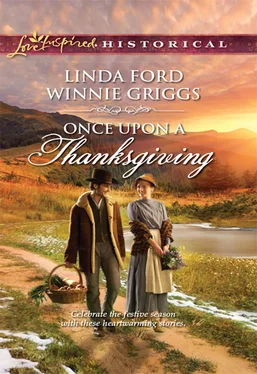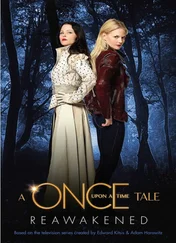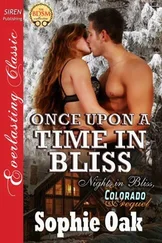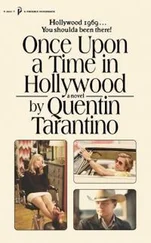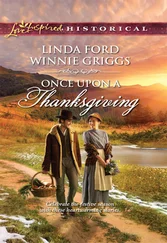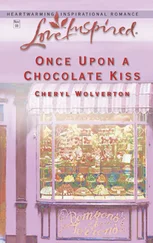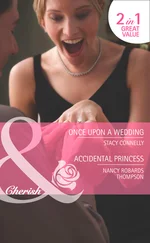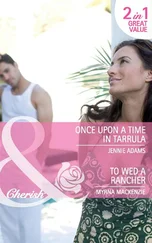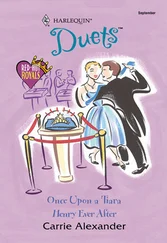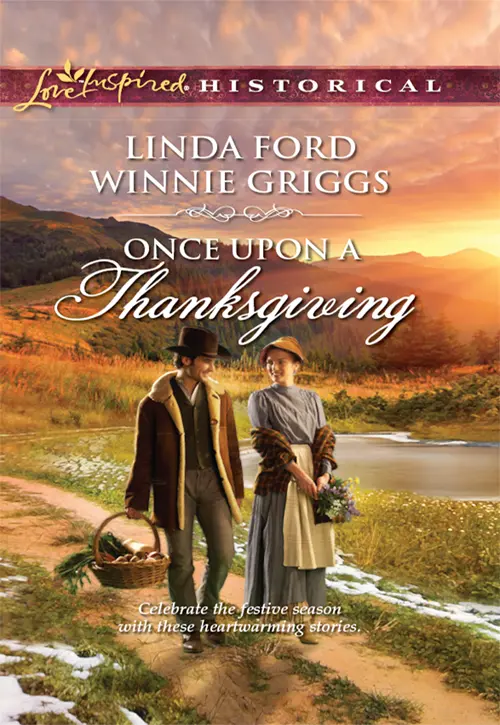
“A tender, sweet love story with characters who only want the best for others and themselves.”
— RT Book Reviews on Dakota Cowboy
“Ford’s sweet, charming love story has well-written characters that demonstrate strong faith, even though they stumble along the way.”
— RT Book Reviews on The Cowboy’s Baby
“ The Journey Home is a splendid tale of love, hope and faith.” — RT Book Reviews
Praise for Winnie Griggs
“Griggs pens a terrific and lovely story.”
— RT Book Reviews on The Heart’s Song
“Griggs is a wonderful storyteller.”— RT Book Reviews on The Hand-Me-Down Family
“Griggs delivers the perfect blend of romance, adventure and laughter. Her characters are charming, quirky and unpredictable.”
— RT Book Reviews on The Christmas Journey
Once Upon A Thanksgiving
Season of Bounty
Linda Ford
Home for Thanksgiving
Winnie Griggs

www.millsandboon.co.uk
Before you start reading, why not sign up?
Thank you for downloading this Mills & Boon book. If you want to hear about exclusive discounts, special offers and competitions, sign up to our email newsletter today!
SIGN ME UP!
Or simply visit
signup.millsandboon.co.uk
Mills & Boon emails are completely free to receive and you can unsubscribe at any time via the link in any email we send you.
Season of Bounty
Linda Ford
LINDA FORD shares her life with her rancher husband, a grown son, a live-in client she provides care for and a yappy parrot. She and her husband raised a family of fourteen children, ten adopted, providing her with plenty of opportunity to experience God’s love and faithfulness. They’ve had their share of adventures, as well. Taking twelve kids in a motor home on a three-thousand-mile road trip would be high on the list. They live in Alberta, Canada, close enough to the Rockies to admire them every day. She enjoys writing stories that reveal God’s wondrous love through the lives of her characters.
Linda enjoys hearing from readers. Contact her at linda@lindaford.org or check out her website at www.lindaford.org, where you can also catch her blog, which often carries glimpses of both her writing activities and family life.
Among the things I am thankful for is my family. Each and every one of them holds a special place in my thoughts. This book is dedicated to them:
I am privileged to have every one of you in my family and in my heart. May you realize how much you are loved and how much we have to be thankful for.
O give thanks unto the Lord; for he is good:
for his mercy endureth forever.
— Psalms 136:1
Hopewell, Montana November 1890
Kathleen Sanderson cracked open the door. Before her stood a rough-looking man twisting a battered Stetson in his hands. His bent head revealed overgrown, untidy brown hair. Her glance took in the trail-worn, dusty, shearling-lined coat.
“Rosie, I know you told me to stay away, but I need your help.” He raised his head to reveal demanding brown eyes that widened before they bored into Kathleen. “You’re not Rosie.”
“True. She’s busy with the baby. If you’ll wait—”
“Buck.” Rosie’s voice rang with shock as she joined Kathleen in the doorway. “I thought I’d made myself clear.”
“I’ll take the baby.” Kathleen lifted nine-month-old Lilly from her mother’s arms and retreated to the far end of the room, wishing the house was larger so she could escape and let these two work out their differences without her as audience. Yet this way her curiosity might be satisfied.
“Buck,” Rosie continued, keeping her words low but not disguising her concern, “I told you I don’t want to be associated with—” Her voice dropped to a whisper. “You know … Go away before you ruin everything.”
Buck lifted his head, glanced past Rosie, saw Kathleen and shuttered his feelings, but not before she’d seen stark misery. He didn’t shift his gaze away, making it impossible for her to get a satisfying breath. Then he returned his attention to Rosie and her lungs expanded with a whoosh.
“I wouldn’t be here if I knew what else to do.” A beat, two, in which Kathleen wondered if Rosie found his statement as demanding as she did.
“Rosie, I have a son and he’s ill. I can’t chase after cows or live in a bunkhouse with a sick kid. You’re my sister. My only relative. Surely you’ll help me for the sake of my son.”
Rosie gasped. “You’re married? Without even letting me know?”
“Not married. I adopted the boy. Help us?”
“I don’t know.” Rosie glanced over her shoulder toward Kathleen as if seeking some signal one way or the other from her.
Kathleen sensed how troubled Rosie was. Understood something about this man made her tremble.
She shifted Lilly to her hip and moved to Rosie’s side to indicate her support, but it wasn’t clear in her mind if she meant to encourage Rosie or her brother. “Rosie, how would you feel if it was one of your boys?” She had two—Mattie, two and a half, and Junior, four years old—who both nosed around the corner of the bedroom where they’d been playing to eye this stranger at their door.
Buck sent Kathleen a grateful glance before he appealed to Rosie. “I’d help you. You know it.” The emotion in his tone caught at Kathleen’s heart. A man who cared deeply. Her heart buckled and bowed with feelings she didn’t recognize. Had never before in her nineteen years experienced.
Buck stepped aside. “Look at him.”
A child of no more than six or seven slumped on the back of a pinto horse, wrapped up against the elements until he could barely move. Kathleen wondered for a moment if he was alive. Then he swayed, righted himself to keep from falling and lifted his face. Black eyes. A pale, thin face framed by black hair and a gray knitted hat.
“He’s an Indian.” Rosie’s tone carried a hefty dose of disbelief and shock.
“Half-breed.” The way Buck said it made Kathleen think he must have said so enough times to grow weary of making the explanation.
“You adopted him?”
Buck nodded. “I’ll tell you the whole story if you let us in. He needs to be warm and dry.”
Rosie rocked her head back and forth and gave careful consideration to the faces of each of her children.
“Rosie,” Kathleen urged, knowing this was none of her business, yet not able to turn her back on a man and child needing help. More than that, who needed a welcome.
Not everyone would understand her concern. She knew that well enough. If her parents saw this pair on the street they would turn their backs and pretend they didn’t exist. They’d rush Kathleen by and try to shield her from seeing them. Her parents had objected strenuously when Kathleen mentioned she would like to befriend Rosie.
“She’s not our sort,” Father said.
“The children are always grubby,” Mother added, shuddering and pressing her lace-trimmed, monogrammed hankie to her nose as if the mere mention of them offended her senses.
Читать дальше
